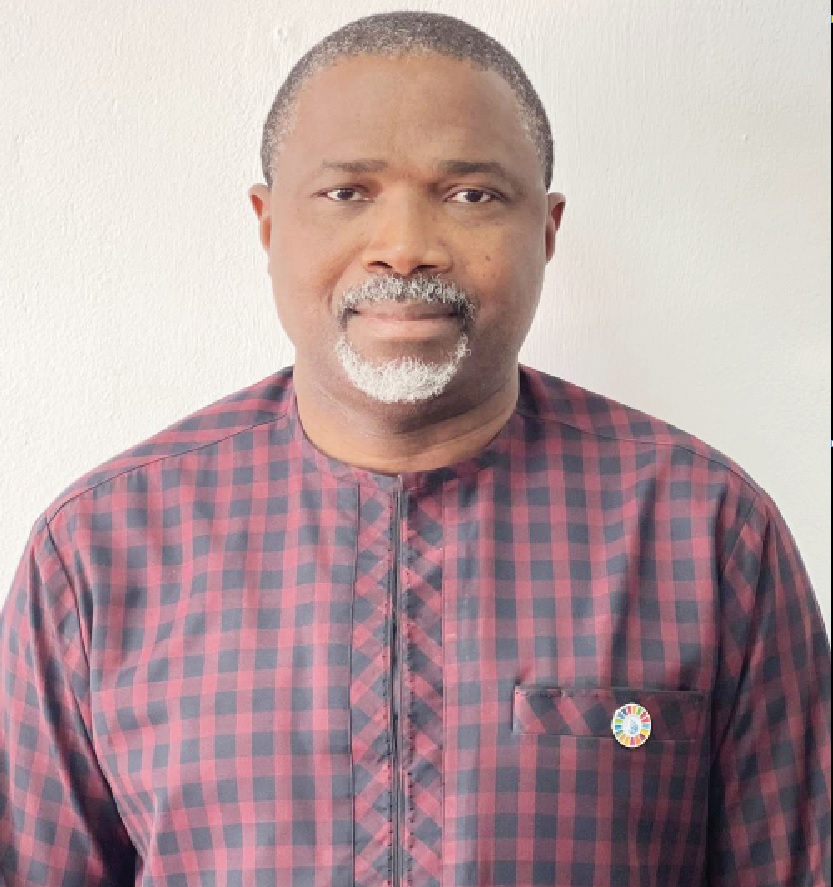By Our Reporter The Nation
International human rights expert, Prof. Uchenna Emelonye, has urged the Federal Government to urgently enforce the provisions of the Discrimination Against Persons with Disabilities (Prohibition) Act with regard to easy access to public buildings.
He said the enforcement should be driven by agencies such as the National Human Rights Commission (NHRC) and the National Commission for Persons with Disabilities (NCPWD).
His call comes two years after the expiration of the five-year transitory grace period within which all public buildings are to be modified to be disability-compliant.
Emelonye spoke at a roundtable on the Implementation of the African Disability Protocol in Nigeria, convened in partnership with the NHRC, the NCPWD and the Ability Life Initiative (TALI) alongside other stakeholders from government, civil society, development partners, and organisations of persons with disabilities (OPDs).
Read Also: E-visa system processes over 14,000 applications in six weeks, says minister
They deliberated on critical actions and strategies needed for operationalising the rights of persons with disability in Nigeria.
Emelonye, whose experience spans over 22 countries and four continents, said the Discrimination Against Persons with Disabilities (Prohibition) Act was adopted in 2018 by the National Assembly as a landmark legal instrument to strengthen the protection of the rights and dignity of persons with disabilities in Nigeria.
He commended the proactiveness of the National Assembly in taking significant steps to protect the rights of persons with disabilities with the enactment of the Act and the establishment of the NCPWD, long before the Protocol to the African Charter on Human and Peoples’ Rights on the Rights of Persons with Disabilities in Africa came into force in 2024.
Emelonye noted that the Act was a watershed in the promotion and protection of the rights of persons with disabilities in Nigeria.
According to him, it provides for various regimes of human rights for persons with disabilities, including non-discrimination, right to equality, life, work, life and security of person, access to justice, education, health and freedom from torture, and harmful practices amongst other rights.
He stressed that with the enforcement period of the 2018 National Disability Act in place for two years now, there is an urgent need for all stakeholders to mainstream disability in all public buildings and facilities.
These, the professor said, include taking other measures to modify or abolish existing policies, laws, regulations, customs and practices that constitute discrimination against persons with disabilities.
